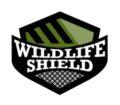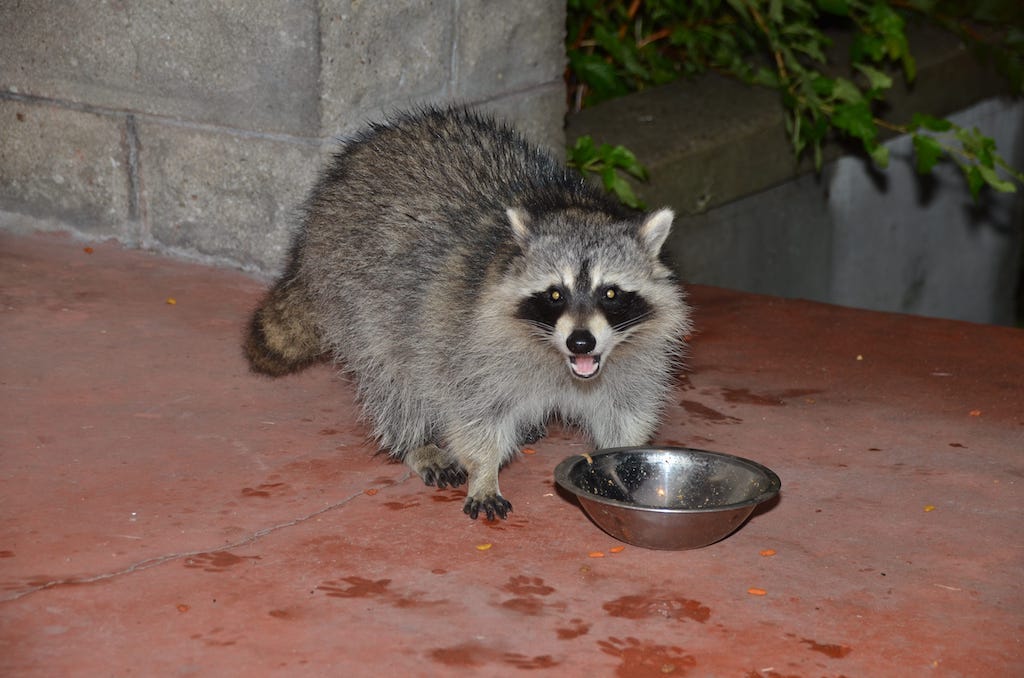The biggest fear that comes with raccoons in relation to humans is the spread of diseases and viruses that the animals can transmit to people. There are numerous diseases and potential illnesses that humans have been reported to obtain from raccoons. To safely remove raccoons from your property in Markham, contact a raccoon removal service as soon as possible. It doesn’t take a bite or a scratch to get all of the potential diseases–simply encountering raccoon feces and urine can transmit some of the illnesses. Raccoons can transmit rabies, leptospirosis, baylisascaris procyonis, giardiasis, salmonella, e. Coli, potential funguses and parasites to human beings. These possibilities are far scarier than simply being bitten or scratched. This is why it is crucial to allow a wildlife removal specialist to remove raccoons from your property.
Raccoons are one of the largest vectors of rabies within Canada. Even though infections to humans are on a rapid decline due to regulations, the possibility still persists. Rabies are transmitted through saliva from the infected animal as well as through the skin of the animal contacting human blood. When threatened, raccoons will bite or scratch and if the animal is infected with rabies, the disease will then be transmitted to the human. There are more dangers associated with raccoons that involve no encounter with the animal at all. Baylisascaris procyonis is a parasitic worm that lives within the intestines of raccoons. Once a raccoon defecates, the waste is filled with potentially hundreds of eggs of this worm. When humans attempt to clean raccoon waste, transmitting the worm to the human intestinal tract is a lot easier than it may seem. This can cause a condition known as visceral larval migrans which can severely affect the human central nervous system.
Additionally, giardiasis is a virus that can be transmitted to humans from surfaces that are contaminated by raccoon feces and urine, as well as soil contaminated with raccoon waste. Leptospirosis is a bacterial infection that can be transmitted to humans through contact with raccoon urine. Salmonella and e. Coli can also be transmitted to humans from raccoon waste or saliva. Often times, these diseases can be contracted simply from living in close proximity to raccoon waste and not even knowing about it. Funguses and other parasites are also transmitted to humans from raccoons and this can be a particular problem when outdoor cooking and eating are observed on surfaces where raccoons have walked or spread waste across.
Due to the large variety of diseases and viruses that raccoons can transmit to humans, it is crucial to have a professional remove raccoons as soon as you see them on your property. Additionally, thoroughly cleaning and sanitizing all outdoor surfaces may be necessary to kill all of the potential illnesses that these animals can leave behind. Bleach and other powerful cleaning chemicals, in addition to power washing of outdoor surfaces, can go a long way in preventing these illnesses from infecting anyone or pets. It is not just biting and scratches you need to worry about with raccoons.

